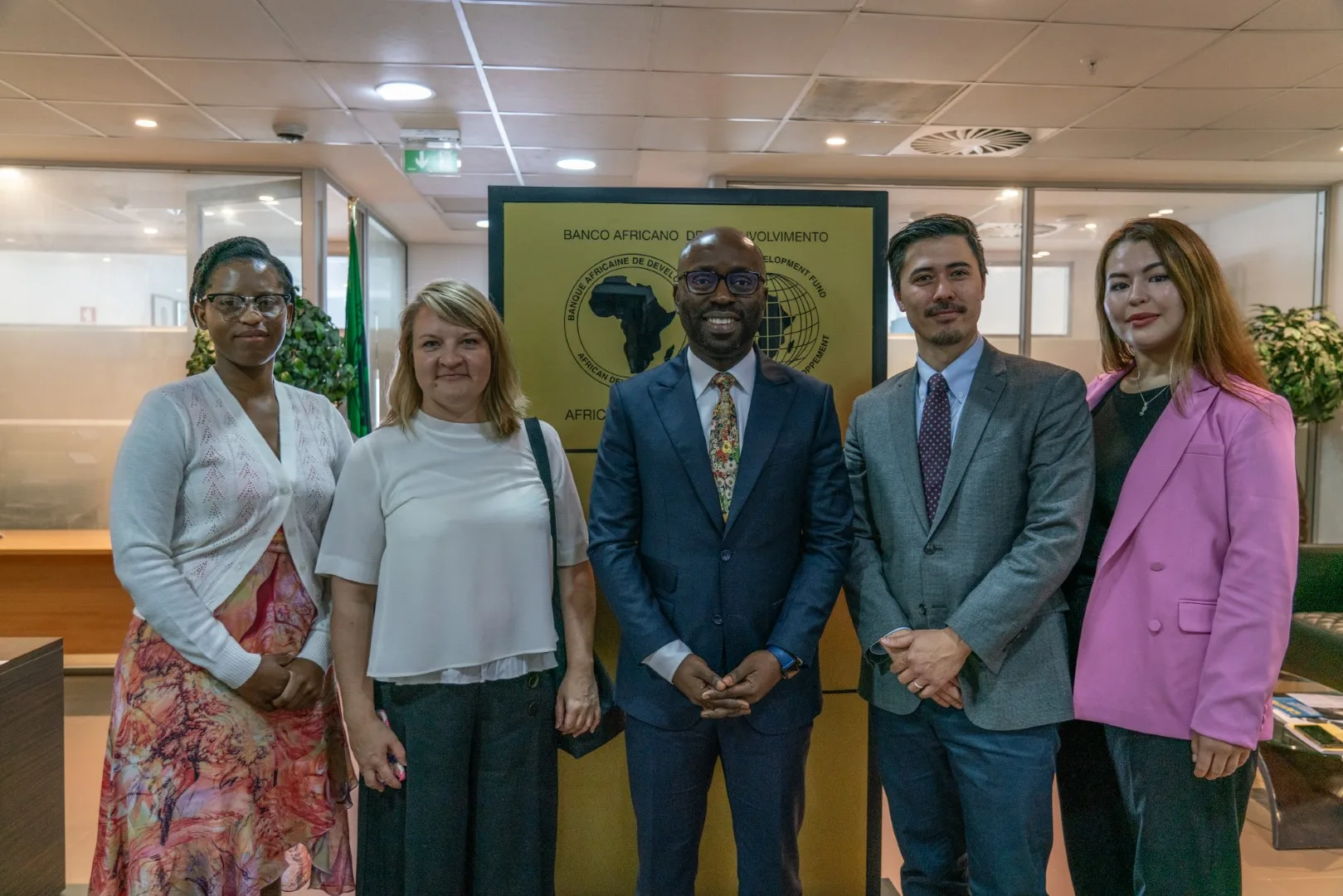« Finance for Peace »

Funding peace: innovative financing solutions for peace-responsive investment
Peacebuilding expenditure declined as a percentage of global Official Development Assistance (ODA) from 17% in 2012 to 11% in 2021. These historically low levels of peace financing contrast with mounting peacebuilding needs. Innovative solutions to fund development in fragile and conflict-affected settings are urgently needed. That is the mission of the Finance for Peace initiative: together with partners, creating a market for peace, through investment approaches for private and concessional finance that have both a positive impact on peace and reduce financial risk, to the benefit of investors and communities alike.
Finance for Peace is a multistakeholder initiative conceived and incubated by lnterpeace. Finance for Peace seeks to create internationally recognised and applied standards, market intelligence and partnerships for peace-positive investment. Finance for Peace brings together investors, private-sector actors, norm-setting entities, development finance institutions, governments, peacebuilding and development actors, civil society and local communities to catalyse peace-positive investments.
The initiative’s focus in 2023 was primarily to build support and networks, and to create a non-binding normative framework for Peace Finance. In particular, Interpeace established a partnership with the African Development Bank and built on its existing partnership with the Food and Agriculture Organization of the United Nations (FAO).
The key achievements of the Finance for Peace initiative in 2023 included:
- Launching a Peace Finance Impact Framework following multistakeholder consultations to guide future investments toward peace-responsive outcomes.
- Launching first iterations of a Peace Bond Standard and Peace Equity Standard to support private-sector investment in peace-responsive outcomes.
- Supporting the African Development Bank to integrate peacebuilding approaches into the design of its pre-feasibility studies on peace-positive investment in six country offices.
These efforts are helping to shape the work of others and catalyse the innovative and purposeful investment in peace by actors in the peacebuilding landscape, whose engagement is key to the future of peacebuilding:
- The African Development Bank is working on originating future peace-aligned investments through its Security-Indexed Investment Bond Initiative, the scope of which has been influenced by Finance for Peace.
- The German Federal Foreign Office has funded the United Nations Capital Development Fund and the United Nations Peacebuilding Support Office (PBSO) to create a fund for peace-aligned investments with an initial USD 10 million commitment that is aligned with the Peace Finance Impact Framework.
- The FAO is funding a feasibility study for a food security Peace Bond in East Africa.
La Banque africaine de développement et Interpeace s’associent pour promouvoir le financement de la paix en Afrique
On 3 October 2023, Interpeace and the African Development Bank signed a memorandum of understanding to jointly promote investment and social development that positively impacts peace. The MoU is accompanied by a practical work plan with goals and outcome targets.
“The Finance for Peace initiative by Interpeace, supported by Germany, complements the Bank’s own efforts in this space, as it aims to develop protocols and pilots around Peace Finance, including for a Peace Bond asset class”, remarked Marie-Laure Akin-Olugbade, the African Development Bank’s Vice-President for Regional Development, Integration and Business Delivery. “This partnership will demonstrate to the wider multilateral and international development financing system the need, benefits, potential and practicality of Peace Finance approaches on the continent and beyond. It will grow Peace Finance as a thematic investing approach through early and successful pipeline development of Peace Finance and by fostering on-the-ground networks and capacities in Peace Finance in Africa.”